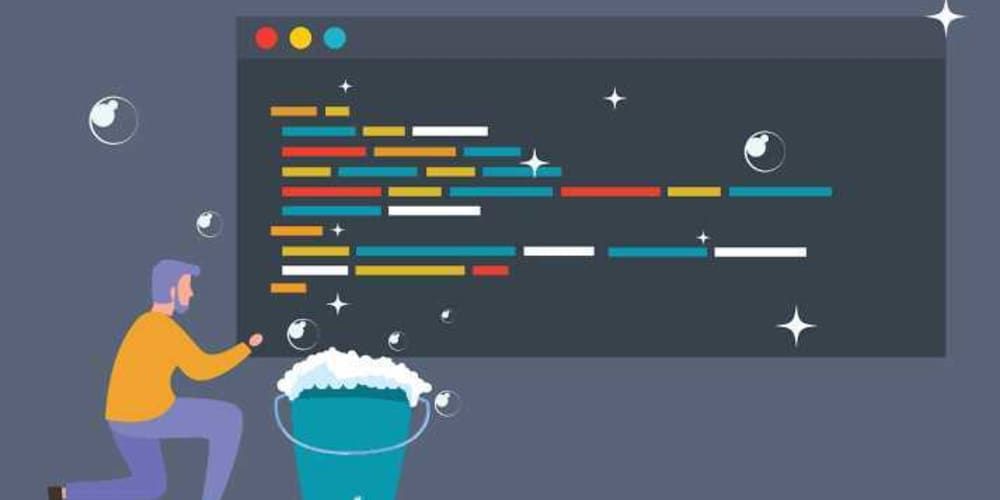
10 Tips To Write Clean And Better Code In 2023

Writing effective code is a skill that takes time and practice to develop.
Introduction
Writing effective code is a skill that takes time and practice to develop. However, there are a few simple tips that can help you write code that is clear, concise, and easy to maintain.
Tip 1: Use descriptive variable names
One of the most important things you can do to write effective code is to use descriptive variable names. Descriptive variable names make your code easier to read and understand, and they can help you avoid errors.
Tip 2: Use meaningful comments
Comments can be a great way to explain what your code is doing. They can also be helpful for future developers who need to understand your code.
Tip 3: Break your code into functions
Functions are a great way to break your code into smaller, more manageable pieces. This makes your code easier to read, understand, and maintain.
Tip 4: Use white space effectively
White space can be a great way to improve the readability of your code. Use blank lines to separate different sections of code, and use indentation to make your code easier to follow.
Tip 5: Use consistent coding style
A consistent coding style makes your code easier to read and understand. This means using the same indentation style, variable naming conventions, and comment style throughout your code.
Tip 6: Use a linter
A linter is a tool that can help you find errors in your code. Linters can also help you improve your coding style.
Tip 7: Test your code
Testing your code is essential for ensuring that it works correctly. There are many different ways to test your code, so choose a method that works for you.
Tip 8: Document your code
Documenting your code can help future developers understand what your code does. Documentation can also be helpful for yourself, as it can remind you of what your code is doing.
Tip 9: Use version control
Version control is a system that helps you track changes to your code. This can be helpful for debugging your code, and it can also be helpful if you need to revert to a previous version of your code.
Tip 10: Read other people's code
One of the best ways to learn how to write effective code is to read other people's code. This can help you see how other people solve problems, and it can also help you learn new coding techniques.

